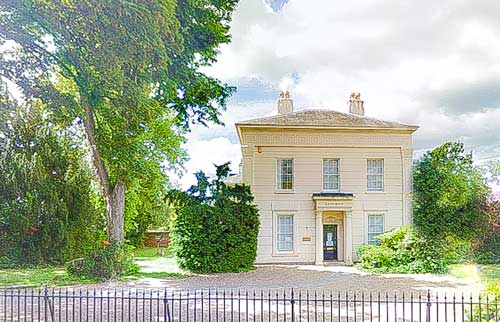
End of life (EoL) care includes palliative care. If you have an illness that cannot be cured, palliative care makes you as comfortable as possible, by managing your pain and other distressing symptoms. It also involves psychological and social support.
Palliative care is not just for the end of life – you may receive palliative care earlier in your illness, while you are still receiving other therapies to treat your condition.
Advance care planning (ACP)
ACP involves trying to think ahead, considering what might happen and how to deal with it, as well as working with you and your families and your expectations.
Our aims at Albany House are:
- To explore your wishes and needs around end of life.
- Working to maximise the quality of the patient’s remaining time
- Working to ensure a ‘good’ death as far as possible, in the place and manner of the individual’s choosing.
We also ask for information to include in your records regarding any power of attorneys, next of kin and their contact details as well as your written consent for discussing your care with family members if this is your wish.
Recommended summary plan for emergency care and treatment (RESPECT)
The ReSPECT process creates a personalised recommendation for your clinical care in emergency situations where you are not able to make decisions or express your wishes.
This plan can be for anyone, but will have increasing relevance for people who have complex health needs or who are likely to be nearing the end of their lives.
Cardiopulmonary resuscitation (CPR) Decisions
DNACPR stands for ‘Do not attempt cardiopulmonary resuscitation (CPR)’. It means that if a person has a cardiac arrest or dies suddenly, there will be guidance on what action should or shouldn’t be taken by a healthcare professional, including not performing CPR on a person.
Advance Decision to Refuse Treatment (ADRT)
An ADRT enables someone aged 18 or over, while still capable, to refuse specified medical treatment for a time in the future when they may not be able to do so.
It is a legally binding document that allows the individual to express their wishes while they are able to make decisions and communicate them in advance of a possible emergency.
Anticipatory prescribing (Just in case medications)
These are medicines which are usually given by injection and are prescribed for you. They are given to you to be kept in your home ‘just in case’ you need them. This means you can be given a medicine to help relieve pain or other symptoms if you need it, especially during the night or at the weekend by our community nursing team.
What are the medicines for?
You may not need any of these medicines right now however they have been prescribed for you because your healthcare team think that they may be needed at some point in the coming days or weeks to help with:
- pain relief
- sickness/nausea
- breathlessness or breathing (especially if you’re unable to clear your own throat)
- anxiety or restlessness
Support links / Useful contacts
| District nurses | 01905 368504 |
| Community Heart failure nurse | 01905 733029 |
| Social Services | 01905 763763 |
